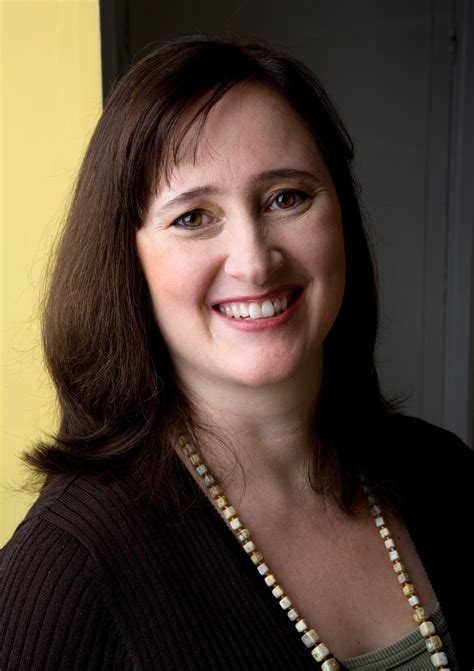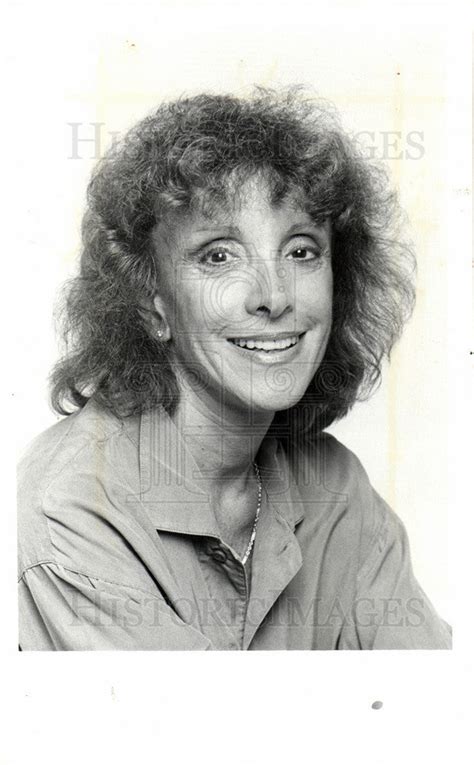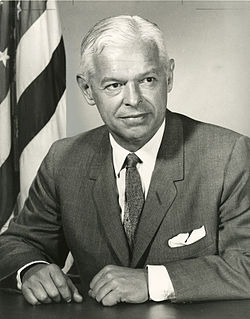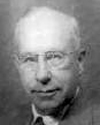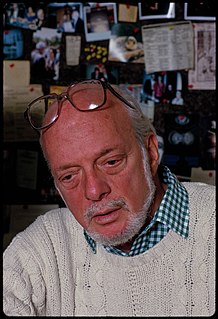A Quote by Grant Morrison
I've always felt I had more in common with the modernist approach than with postmodernism, but I can see where the connection might arise - and to be honest, I'm no academic, so I tend to use these words, like in Alice In Wonderland, to mean what I want them to mean rather than what they actually do mean.
Related Quotes
I believe that people want the scent of love, more than anything else. And I don't mean sentimentality, I don't mean mush. I mean that idea, that human beings are more alike than we are different. And that means that I can love you. I don't mean support you in bad things you do, that I can understand because you're a human being.
He reached across and fingered the pendant; I felt it move against my skin. "Willow, look," He said. "We haven't talked much about what might happen, but...you know that I always want to be with you, right? I mean--no matter what." And I had known it; I felt it every time he held me--but even so, actually hearing the words made my heart catch. "I want that, too," I said. "Always, Alex.
I felt like if I said something positive on Twitter, it got no play. But if I said something negative on Twitter, it was a billion retweets and so that was giving me a Pavlovian response to be mean, and I don't want to be mean. We all have mean thoughts. They should not be broadcast on Twitter. You don't need to see mean things.
almost all American writers tend to overwrite, to tell too much. I get the disillusioned feeling that novels, today, are sold by the pound, like groceries. It actually takes a great deal more discipline to be able to leave out rather than to throw in everything. This means that you have to say in one sentence precisely what you mean, instead of saying sort of what you kind of mean in hundreds of sentences and hoping the sum total will add up.
I think we left out one of the really important elements contributing to the dynamism of society, and that is the right to privacy. I mean something more than the right to shave in private. I mean the right to join what I want to join, to do what I want to do, or not to do what I might do without giving anyone a reason, either in advance or afterwards. That does not mean that I am seeking for irresponsibility socially.
Many Christians in the evangelical tradition use words like "conversion," "regeneration," "justification," "born-again," etc. all as more or less synonyms to mean "becoming a Christian from cold." In the classic Reformed tradition, the word "justification" is much more fine-tuned than that and has to do with a verdict which is pronounced, rather than with something happening to you in terms of actually being born again. So that I'm actually much closer to some classic Reformed writing on this than some people perhaps realize.



